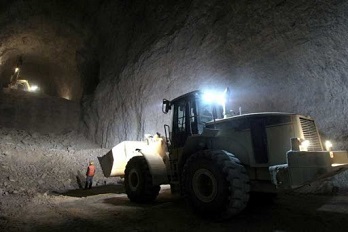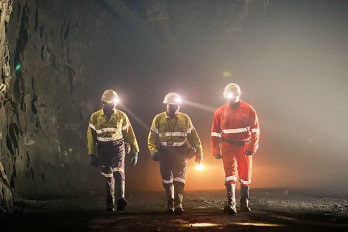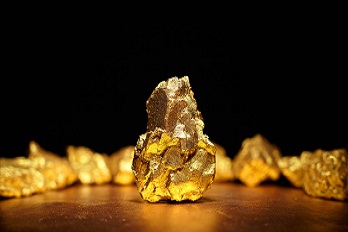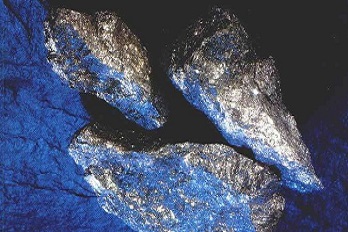Union Miniere du Haut Katanga

Company Location
Company Description
The Union Miniere du Haut Katanga (UMHK) was a Belgian mining company, once operating in Katanga, in what is now the Democratic Republic of the Congo (formerly, Congo Free State, from 1908, Belgian Congo, from 1972, Zaire). It was created on October 28, 1906, as a result of a merger of a company created by Léopold II and Tanganyika Concessions Ltd (a British company created by Robert Williams, which started prospecting for minerals in 1899, and was granted mining concessions in 1900), in order to exploit the mineral wealth of Katanga.
Union Miniere du Haut Katanga (UMHK) was a mining company in the Belgian Congo, now the Democratic Republic of the Congo, which operated between 1906 and 1966. It was the largest mining company in the Congo and was one of the largest in the world. UMHK was founded by the Belgian government to exploit the rich mineral resources of the region. It was initially owned by the Belgian government, but later became a joint venture between the Belgian government and private companies.
UMHK was responsible for the extraction of copper, cobalt, uranium, and diamonds from the region. It also had a monopoly on the production of cobalt and uranium in the region. In addition to its mining activities, UMHK also provided employment for thousands of people in the area, as well as providing infrastructure and services such as roads, hospitals, and schools.
The company was a major contributor to the economy of the Congo and was a major source of revenue for the Belgian government. It was also an important employer in the region, providing jobs to thousands of people. However, the company was also criticized for its exploitation of the Congolese people and its environmental impact.
In 1966, the company was nationalized by the Congolese government and its assets were transferred to the state-owned Gecamines. After the nationalization, the company's operations were reduced significantly. Today, the company is no longer active and its legacy is remembered through its contributions to the economy of the Congo and its impact on the people of the region.
Related Companies:

















